It has been a reasonably good week for peripatetic opera-loving female-underwear fetishists. In La bohème at Covent Garden Musetta slipped out of her knickers and swung them round, as everyone, except me, mentioned in their reviews; and now, in Leeds, in the first of Opera North’s ‘Little Greats’, what laughter the actors in the drama got was from Tonio and others trying on Nedda’s bra.
Already a subscriber? Log in
Subscribe for just $2 a week
Try a month of The Spectator Australia absolutely free and without commitment. Not only that but – if you choose to continue – you’ll pay just $2 a week for your first year.
- Unlimited access to spectator.com.au and app
- The weekly edition on the Spectator Australia app
- Spectator podcasts and newsletters
- Full access to spectator.co.uk
Or
Unlock this article
You might disagree with half of it, but you’ll enjoy reading all of it. Try your first month for free, then just $2 a week for the remainder of your first year.

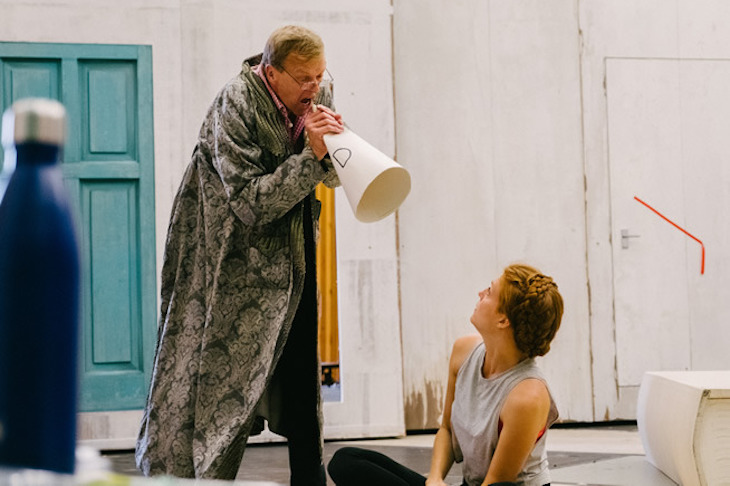

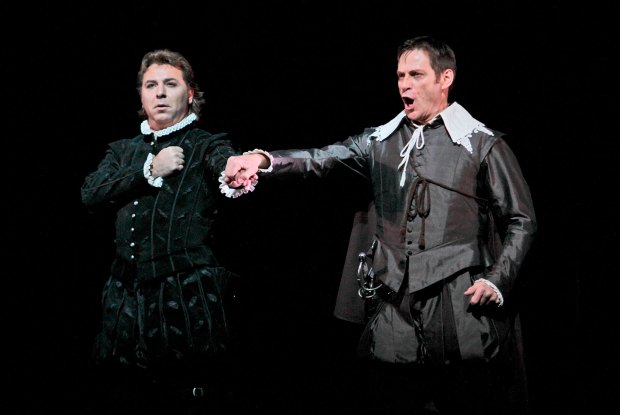
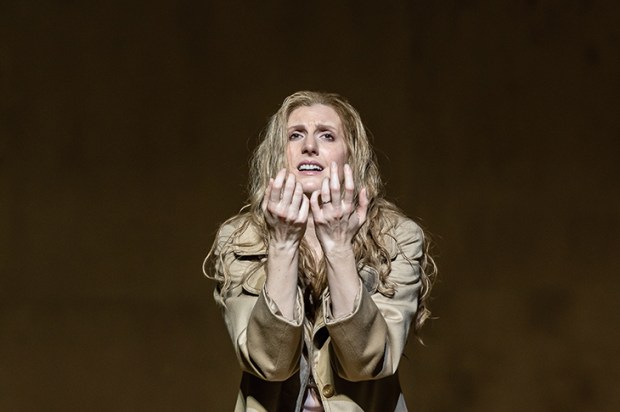
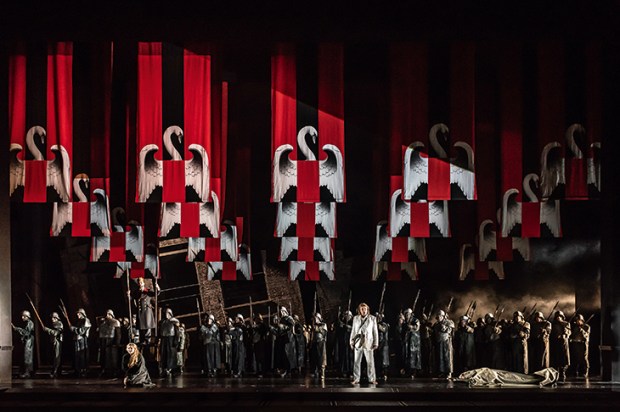
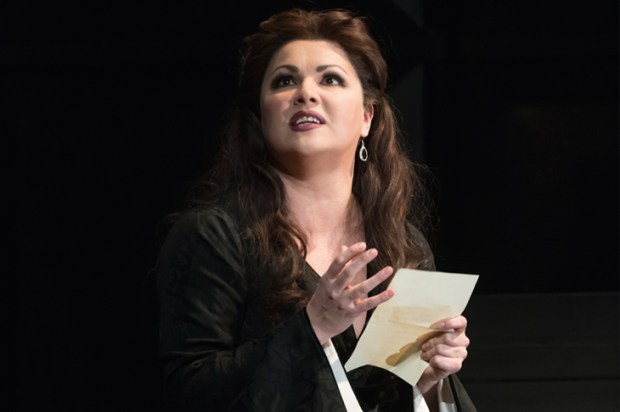
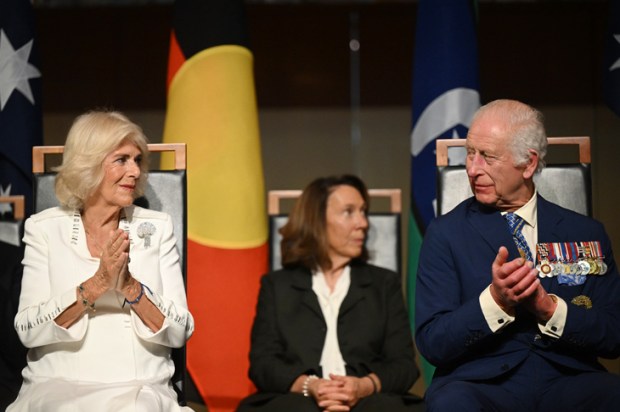

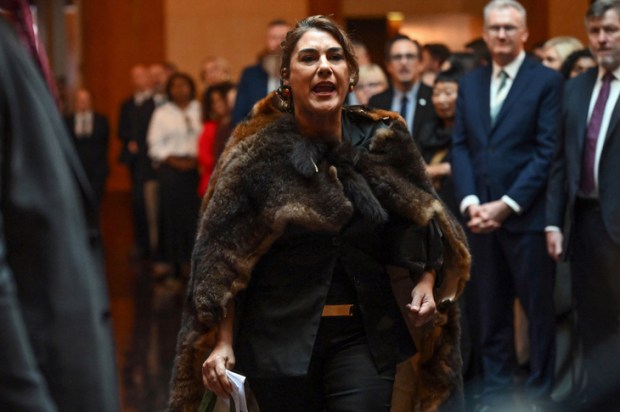



Comments
Don't miss out
Join the conversation with other Spectator Australia readers. Subscribe to leave a comment.
SUBSCRIBEAlready a subscriber? Log in